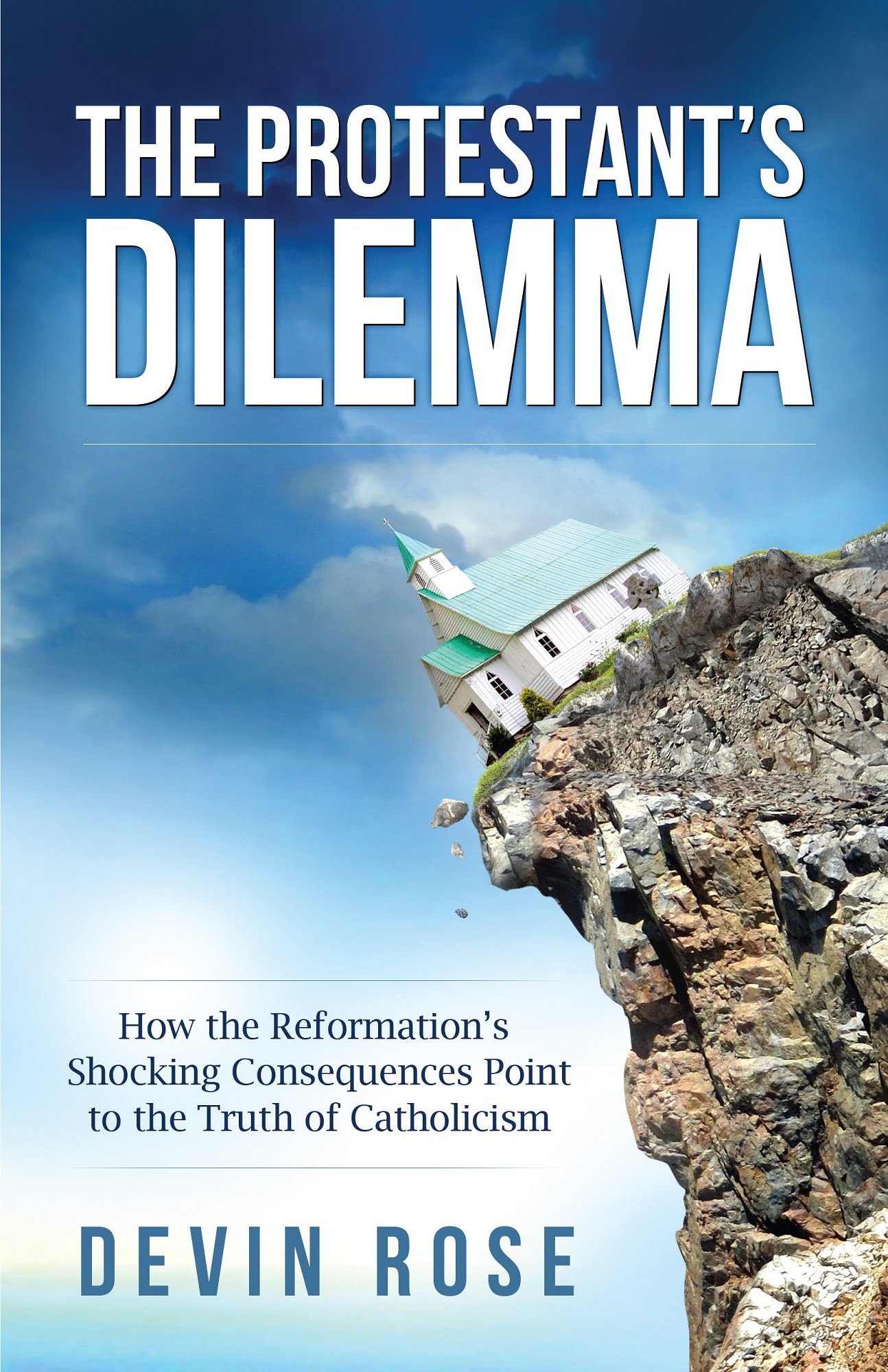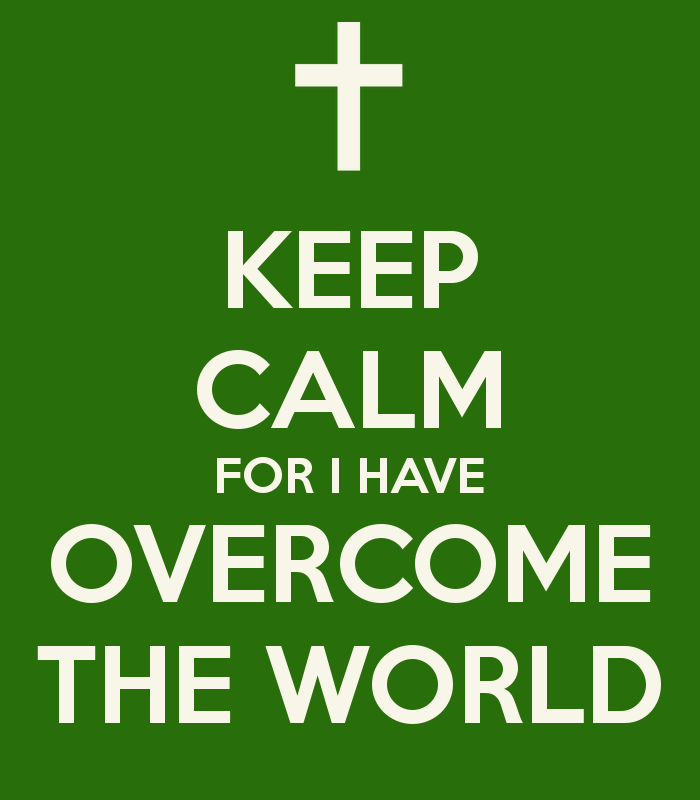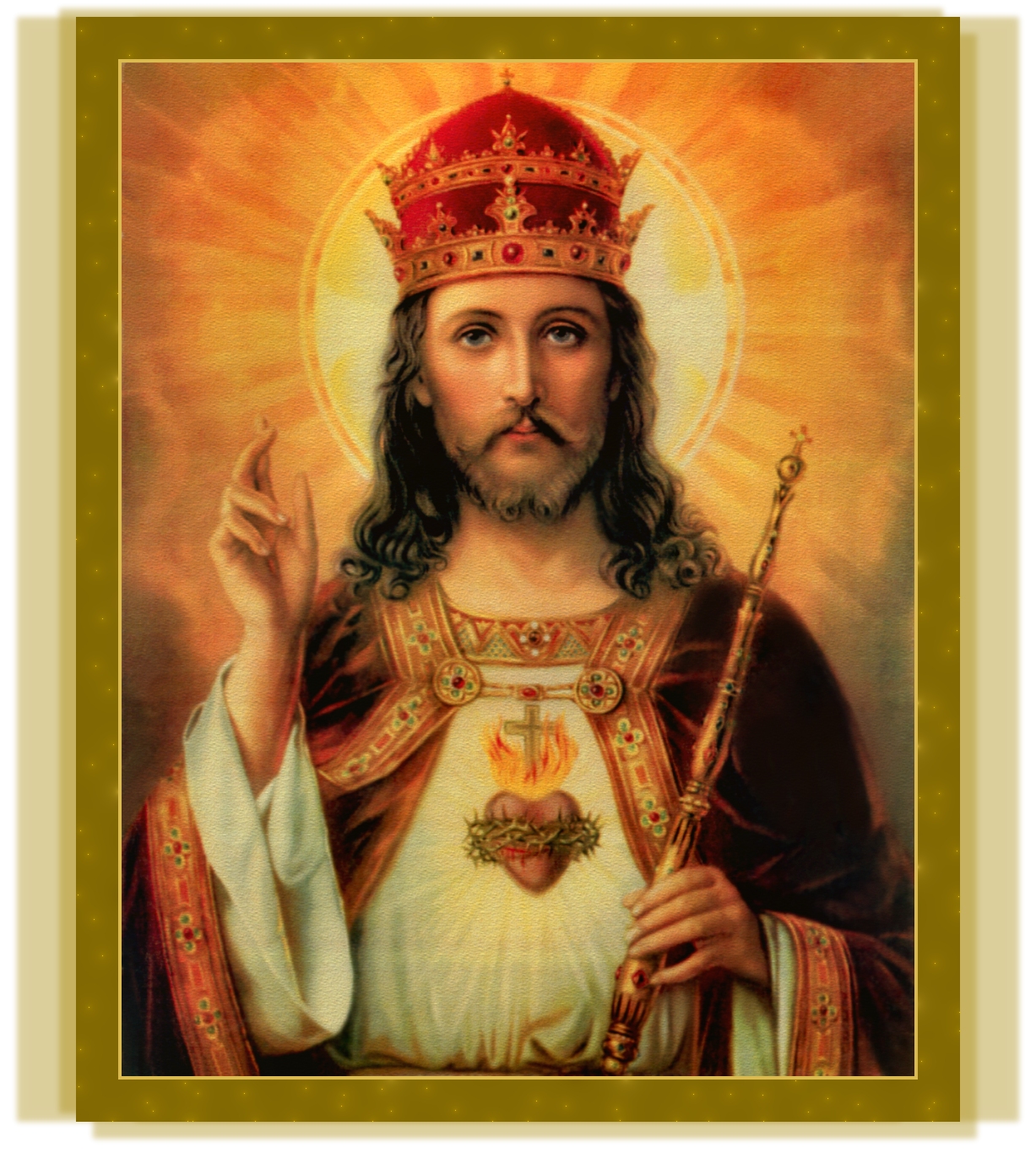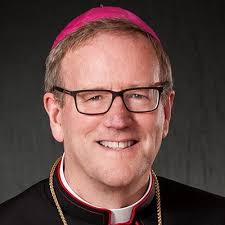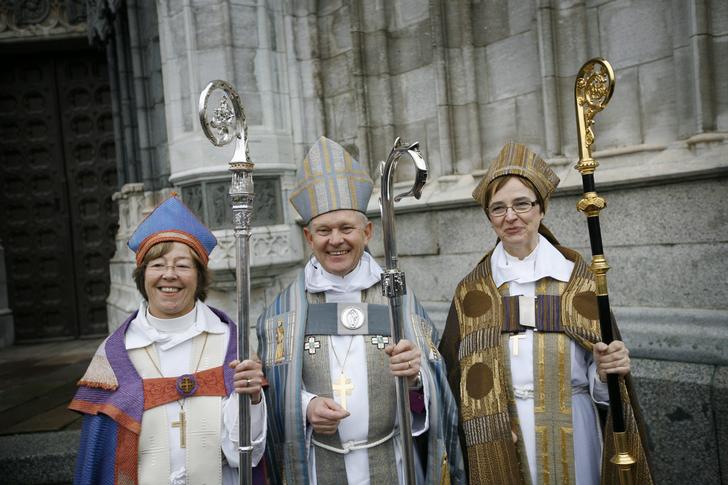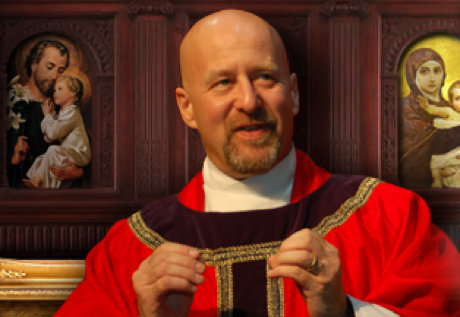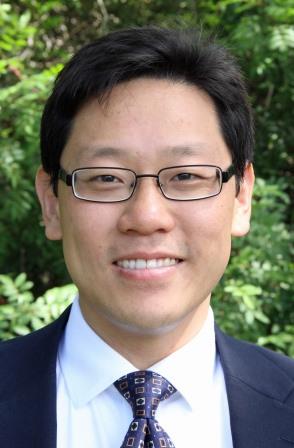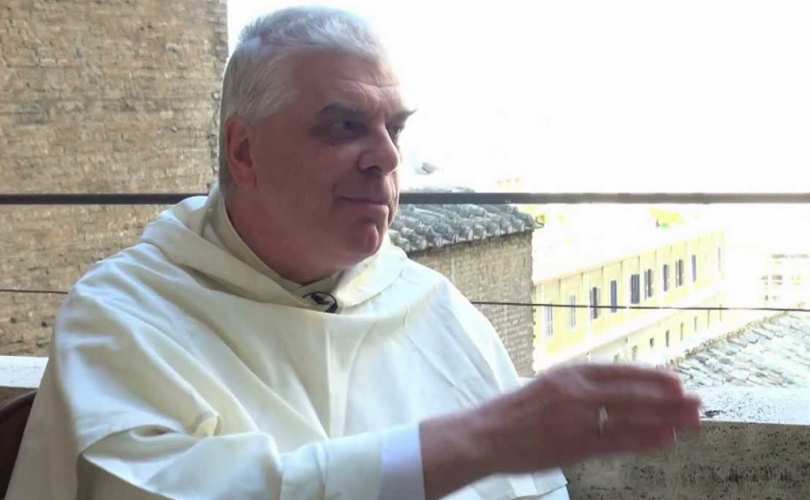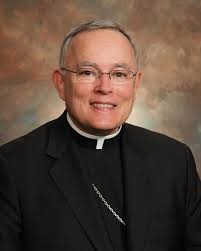
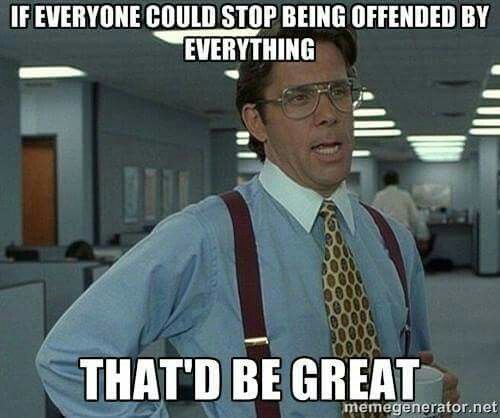
We have now sunk to a depth in which the restatement of the obvious is the first duty of intelligent men.
—George Orwell

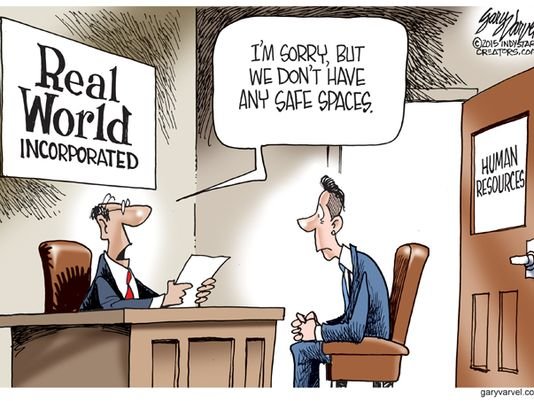

-by John Strausbaugh
“America has become a Sissy Nation. A culture of fat, soft, stupid, fearful, whiny, infantile, narcissistic, fatalistic, groupthinking victims. Once we were warriors. Now we’re just worriers.
Not all Americans are Sissies. But we all swim in the same Sea of Sissiness, and none of us is unaffected by it. Most all of us have some Sissy in us now. We’re not the only Sissy Nation on the planet, and in fact, as I’ll explain, ultimately our salvation may lie in sissifying the whole world.
Let’s be clear at the start: I don’t mean sissy as in gay vs. straight, or girly man vs. manly man. This is not about big biceps. It’s about tiny, shrinking balls. And brains. And guts. The American Sissy is gay and straight, male and female and whatever-you-are, and comes in all shapes, sizes, ethnicities and faiths.
But yes, we are sissifying our gay men, too. A couple of generations ago, what self-respecting gay man would rally to the Rainbow Flag? It looks like it was designed by an eight-year-old with a My Little Pony fixation. Jeez, if there was one thing you could always rely on a gay man for, it was a sense of style.
And yes, I’m a Sissy. Of course. I’m an American, aren’t I?
One thing all Sissies have in common is fear. Americans used to be known around the world for their adventurous spirit, their bold individualism, their brashness and ballsiness. We live now in a culture of fear, anxiety, paranoia and insecurity. We’re afraid, literally, of everything. We’re afraid of sickness, afraid of death, and afraid to really live. We’re afraid of sex. We’re afraid of food. We’re afraid of the air, the water, the soil, the weather. We’re afraid that the planet itself is rejecting us.
We’re afraid of strangers, outsiders and “aliens.” That they’re infecting us with their bombs, their bodies, their beliefs. Not just foreign terrorists, but even poor Mexican migrants — the “little brown ones,” in George Herbert Walker Bush’s immortal words. They come here to do the work we think is beneath us — mow our lawns, make our beds, watch our kids while we’re off doing more important things — but throughout much of the West and Southwest American Sissies are in a hysterical panic about them, as though they were a viral infection. Before long we’ll have completed our own Berlin Wall, our Tex-Mex Maginot Line, to keep them out. God only knows who’ll blow our leaves around then.
But we’re also afraid that our neighbors are predators, afraid that our children are sex-crazed, and afraid of ourselves — our own bodies, our minds, our thoughts, our urges. We’re afraid of our own individuality. No Sissy is an independent individual, but only a member of an “identity group,” usually one that sees itself as somehow victimized or threatened. Individuality itself is suspect. We don’t have the courage of our own convictions. We have only the herd mentality.
We’re afraid of the real world, of reality itself, so we do whatever we can to ignore it, to insulate ourselves from it, to guard and protect ourselves against it, and to escape from it. We loll in a safely-padded, rounded-corners virtual fantasy world, our seatbelts tightly secured and our helmets strapped on, fighting virtual fights, having on-line relationships and sex. We’re a lot more familiar and comfortable with this escapist fantasy world and the fantastic creatures that inhabit it — the celebrities and celebutards, MySpace and Facebook friendsters — than with the real world outside the bubble. We are quickly transforming our cities — the last zones of wild, unplanned, messy, chaotic human interaction — into safe, clean, playland replicas where everyone, visitor or resident, is a tourist. If we could we’d expand the bubble until the whole world was a virtual version of itself, World World. If a little reality should somehow seep into the bubble — a death, disaster, or just simple sadness — we’d medicate.
Our fears and anxieties have infantilized us. Not for nothing do we call our homes “cribs.” We’ve turned our children into Sissies, too. We’re so concerned with not bruising their self-esteem that we teach them nothing about self-reliance or self-respect. We supervise and schedulize their every moment. We’ve medicated them to the eyeballs, too. What kind of behavior is your kid manifesting? Oh yeah, we’ve got a scrip for that.
The American pioneer spirit simply pooped out. We had our few centuries of westward ho, outward bound, eat my dust, don’t tread on my dick, gung-ho can-do adventures. We pushed the bubble as far as we could. Now we’re just going to lie down in it for a little nap. You Chinese and Russians and Arab Emirates and all the rest of you go ahead without us. We’ll catch up later.
Space really was the final frontier. Fewer and fewer Americans can remember the space race. Now that was a hell of a time to be an American. Or at least a white American male. Those big white hard-ons thrusting up into the sky, spurting their seed into the vast, dark womb of the universe, and inside every seed a white American astronaut curled up like a homunculus. Yeah baby. We were banging the solar system.
It’s true that the cosmonauts always looked more manly than we did. Their rockets were longer, fatter. They had a big head at the top and a huge ballsack at the bottom. Ours were all dick, no balls. And when they came back cosmonauts didn’t float gently down into the sea like sissies. They didn’t splash down, they crashed down on solid earth like real men.
Still, we beat them to the Moon, didn’t we. Get back, Ivan, the Moon’s our bitch.
And that’s when we lost it. All we’d ever been doing was crossing swords with Ivan.
“Man, space is cold.”
“Yeah, and deep too.”
When we got to the Moon we didn’t really know what to do with her, so we just dry-humped her and came home. Knocked a few golf balls around the Sea of Tranquility, saw that it looked pretty much like Arizona, and said, “Gotta go. I’ll call ya.” Lost her number on the way back to Earth. The Moon was a giant sand trap, there were no vodka tonics waiting at the 19th hole, and we lost interest. That was the end of the American manned space program, right there, the first golf ball on the Moon, 1971. A few years later, NASA made it official when it announced that we would not be fertilizing the Moon anytime soon, much less heading off to Mars or anywhere else in the solar system. No, we were just going to putter around here at home taking the Space Shuttle in and out of the garage.
The.
Space.
Shuttle.
I knew it was over the first time I read those words. A shuttle bus in space. You don’t explore the cosmos in a shuttle bus. Shuttle buses are for trundling handicapped children to physical therapy and senior citizens to the early bird special.
You know who’s the real pioneer of manned space flight now? Kazakhstan. That’s right. While we were sitting here inside our bubble, yukking it up over Borat and his fake Kazakhstan, the real Kazakhstan was selling space rides to American billionaires at $25 million a ticket. There’s golf in space again, only now it’s entrepreneurial Russian cosmonauts knocking balls into orbit as publicity stunts. They won’t say how much they get paid, but I bet you it’s more than the $65,000 to $100,000 a year astronauts get for peeing in a baggy on the shuttle.
No wonder astronauts go stir crazy and fire up soap opera romances. What the hell else they gonna do piddling around in their shuttle bus for days on end, while the real space jockeys are out playing golf? But even the Russians aren’t exactly blazing a trail for Mars. What should have happened, what would have been best for both sides, was for Ivan to get to the Moon first. Oh it woulda been on, baby.
“Get off her, Ivan. We saw her first.”
“Back off, Yankee. Go fuck Uranus.”
The entire surface of the Moon would have been paved over with New New Yorks and Laikaburgs by 1990, and we’d be on Mars.
Stuck with one another back down here on the ground, all we can do is whine and spit and carp like kitties in a burlap sack. Nowhere is our Sissitude more evident than in our politics. Fear rules our politics. Our politicians don’t offer us many space races anymore. They don’t even try to appeal to our courage, our industriousness, our hopes and dreams for the future. They’ve become just as fearful and fatalistic as the rest of us. They don’t have faith in us or themselves anymore than we do. Negativity and futility have invaded the way politicians think, and inform the way they speak to us. Opposing parties don’t offer us alternative paths to a better tomorrow anymore; they present us with alternative threats and ask us to vote according to which scares us more — to choose between, say, Global Terrorism or Global Warming. The language of politics has become almost entirely a sissy language, a language of fear.
Being a nation of Sissy sheep, it makes perfect sense that we have Sissy leaders. I give you George W. Bush. A pampered, draft-dodging, drug-addled Sissy in his youth, incapable of independent thought or action, he came to power in the classic Sissy way: Daddy gave it to him. Give a Sissy power, and what does he become? A bully. A bully is just a Sissy in tough-guy drag. What do bullies do? They lash out at the world around them, destroying and disordering, making others as miserable as they are. I give you George Bush’s wars. I mean it in no way as a denigration of America’s men and women in uniform when I say that America, as a culture, fights like a Sissy now.
This is not a partisan rant. Left wing, right wing, it’s all chicken. George Bush was a classic American Sissy who happened to be a Republican and conservative, but his liberal predecessor was also a draft-dodging baby boomer who acted like a Sissy as commander-in-chief. Clinton’s most Sissy act was to look us right in the eye and lie to us about the blowjobs, then drag us all down with him through the impeachment proceedings. To this day, many liberals insist that the blowjobs demonstrate what a manly and macho man he was. As though a Sissy in power would never coerce a young employee to give him sexual favors at the office. Americans being perpetual adolescents when it comes to sex, both liberals and conservatives failed to understand that the issue wasn’t the blowjobs themselves, it was the craven lying about them when he was caught, and the willingness to make the entire nation suffer and pay for his idiotic indiscretions. There was a time when every child in America was taught a parable about another president and a cherry tree, the lesson of which was that a real American hero owns up to his mistakes and transgressions… at least when he’s caught. President Buster Cherry must have been absent from school that day.
Americans have become complete Sissies about politics anyway. We speak of “the vast right-wing conspiracy” and “the radical left” as though we actually have either. We don’t have a real right or a real left in this country. All we have is Republicans and Democrats, Middle of the Roadum and Middle of the Roadee. For the last few years no pundit or hack can comment on American presidential politics without mentioning the red state/blue state thing. As though there were two Americas, one deeply conservative and uniformly Republican, the other loony liberal and totally Democrat. Like the Red Sox v. the Yankees. The truth is there is only Sissy Nation, and most states aren’t really red or blue, they’re muddy, mixed-up, gun-control-and-gay-rights purple.
Americans act like the two-party system was created by God on the eighth day, and respond to any hint of deviation from his Divine Plan with moral panic. Any candidate who shows the slightest independence or freedom of thought is greeted with horror, even if he’s just a crypto-Democrat like Ralph Nader. You’d have thought he was the Antichrist.
You’d know some of this if you knew a little history. But Americans don’t study their history. They only “celebrate” their sistory — those select bits and pieces of the past that serve them today, usually only as a way to pimp their “heritage” or their victimhood, to claim some entitlement they think they’re owed or force some false respect they haven’t earned. College students who couldn’t tell you who fought the Spanish-American War or when the War of 1812 was can rattle off rote grievances explaining how their identity group was sistorically victimized and why you owe them a living to compensate for the transgenerational psychic scars. Just don’t ask them to spell “transgenerational.” You might damage their self-esteem.”
“IT TAKES A REAL MAN TO SAY ‘I LOVE YOU!’ NOT BLINK, FLINCH, OR AVERT HIS EYES, PUPIL-A-PUPIL, DEAD-ON, FULL-TILT, FULL METAL JACKET!!! AND THERE IS ABSOLUTELY NOTHING YOU CAN DO ABOUT IT!!!!!!!”, REAL MEN LOVE JESUS!!!!! AND SAY SO “OUT BLANKING LOUD!!!!!!!!!!!!”!!!!! PRAISE HIM, CHURCH!!! PRAISE HIM!!!!
Matthew







